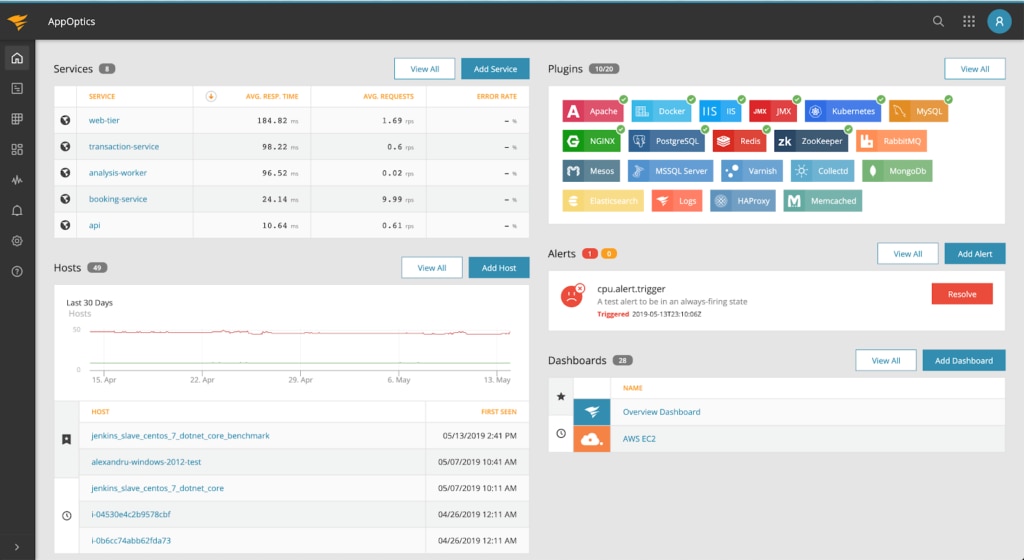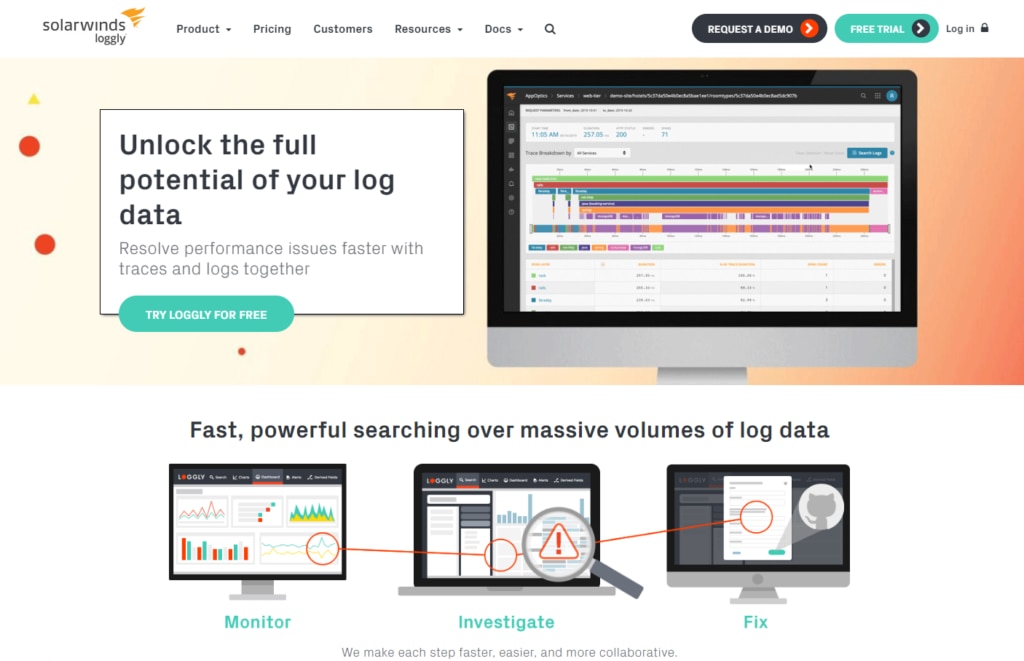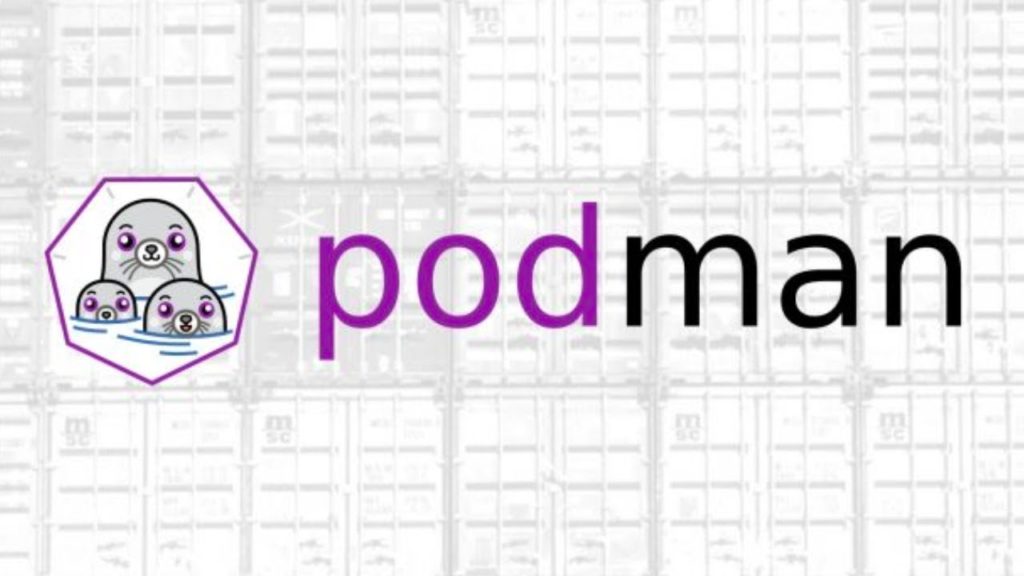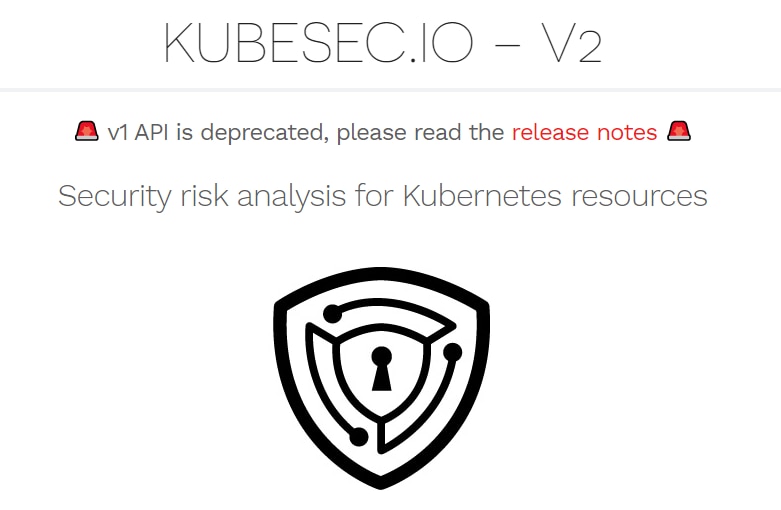The open-source Kubernetes platform is designed to help simplify application deployment through Linux containers. It supports tasks like deploying workloads in the form of pods, clustering nodes, managing container runtimes, and tracking resources.
The Kubernetes microservices system has risen in popularity over the last several years as an easy way to support, scale, and manage applications. Thanks to this popularity, an array of tools now integrate with Kubernetes to help you improve the function and effectiveness of your Kubernetes containers and clusters. If you hope to make the most of your Kubernetes deployment, the following add-ons can support your process—and results—from start to finish.
- SolarWinds® AppOptics™ for Kubernetes Monitoring
- SolarWinds Papertrail™ for Kubernetes Logging
- Podman Generate Cube for Creating Kubernetes Clusters
- Kubesec.io for Kubernetes Security
- Kube-monkey for Kubernetes Health
- OpenFaaS to Manage Kubernetes Serverless Functions
- Katacoda to Test Kubernetes Clusters
SolarWinds® AppOptics™ for Kubernetes Monitoring

Monitoring Kubernetes is integral to ensuring it performs effectively. AppOptics is a SaaS tool capable of monitoring your entire application stack and infrastructure, including Kubernetes. This Kubernetes add-on comes with a plugin to collect metrics from each node on the cluster, and from the Kubernetes API, simply by deploying a single pod. Once the metrics are collected, the AppOptics tool aggregates, monitors, and graphs the results. You can easily track Kubernetes status over time using the built-in dashboard, which includes information on node status, deployment status, pod status, and the status of individual containers.
AppOptics is designed to help you with troubleshooting and allocating resources for your clusters. Not only does AppOptics collect and display metrics, it comes with out-of-the-box analysis tools designed for integrated Kubernetes performance monitoring. It includes a customizable alerting system to send you custom notifications as needed.
SolarWinds Papertrail™ for Kubernetes Logging

Kubernetes log management with Papertrail can help you maintain high performance levels overall. You can aggregate and monitor your logs in real time, which means you have the pinpointed insights you need to troubleshoot quickly if an issue arises.
Papertrail supports Kubernetes log management—along with Docker log monitoring and other integrations—so you can keep an eye on all your logs from one place. Simply use DaemonSets with Fluentd or logspout to make sure all your logs are routed or forwarded from your containers to Papertrail. That way, you can search through all of them from a single interface.
You can use the interactive search and live tail features in Papertrail to gain quick insights into your Kubernetes logs as they’re generated. View a stream of new output from your containers in real time, and pause, scroll, or search through the live feed as needed. Scan an overview of logs or drill down into details by clicking on specific log elements. You can also use contextual searching to trace any detected problems back to their source.
The log velocity analysis feature reduces the time it takes to troubleshoot errors and helps you see the recurring patterns in your logs through clear visualizations helping uncover insights. With Papertrail, you can build interactive graphs to help you identify anomalies and patterns. When you click on a problem in one of these visualizations, you can immediately jump to the underlying logs and begin diagnosing and troubleshooting the issue.
Podman Generate Cube for Creating Kubernetes Clusters

The Podman Generate Cube is a small but valuable Kubernetes add-on. This subcommand lets you transition your system from containers to clusters. Podman lets you begin with a few containers running on a container engine. From there, it exports the working Kube YAML and fires the containers up in Kubernetes. With Podman, you can move from simple containers running on a container engine to a cluster use case running many containers.
Kubesec.io for Kubernetes Security

Understanding and maintaining the security of your Kubernetes is extremely important, which is why Kubesec.io is one of the top Kubernetes add-ons. The tool lets you score Kubernetes resources on their use of security features. It verifies your resource configuration based on Kubernetes best practices for security. From there, Kubesec.io gives you access to specific suggestions on how to improve the security of your system. It also provides links on its website for additional external information tied to Kubernetes security.
Kube-monkey for Kubernetes Health
Maintaining the health of your Kubernetes system is integral to the success of your containers and clusters. The Kube-monkey tool follows chaos engineering principles to contribute to your system’s health. Kube-monkey checks your services are failure-resistant and can delete Kubernetes pods at random. Kube-monkey is configured by a TOML file, which lets you specify which apps you want to be killed or when you want to practice your recovery strategies. By checking your services with Kube-monkey, you can keep your system healthy.
OpenFaaS to Manage Kubernetes Serverless Functions

The OpenFaaS framework is designed to manage serverless functions on Kubernetes. With FaaS, you can package any process you want inside your function and then use it without any routine action or repetitive coding. Its built-in Prometheus metrics let you scale your functions up and down automatically based on demand. FaaS also supports a web-based interface, so you can test out your function.
Katacoda to Test Kubernetes Clusters
Test-driving your Kubernetes cluster before you deploy it should be standard practice for any organization. With Katacoda, you can not only test out your clusters and new ideas, but you can also watch demos and learn from other users. Katacoda lets you test Kubernetes clusters as much as you want in short-lived environments that are recycled when you’re done using them. It also comes with deeper lab environments if you want to engage in more intense testing.
Katacoda is also a great place to learn. On its main site, Katacoda maintains both cloud and Kubernetes tutorials. It also supports a dedicated OpenShift learning portal through a collaboration with Red Hat. Both the portal and the Katacoda site itself are learning resources you can use to help with building and deploying your Kubernetes containers and clusters.
